When it comes to finding ways to relax and de-stress, people have been turning to plants for centuries. There are different plants that have been used for this purpose, and they all have their own unique benefits.
“If we could see the miracle of a single flower clearly, our whole life would change.” -Buddha

Herbal medicine has been used to treat stress for centuries. Plants contain many compounds that can have a calming effect on the body and mind. Some of the most popular herbs for stress relief include chamomile, lavender, and valerian. If you’re looking for a natural way to relieve stress, you may want to consider using plants. In this blog post, we’ll take a look at the history of plants to treat stress.
The Benefits Of Using Plants To Treat Stress
Stress is a response to a stimulus that causes an imbalance in the body. It can be physical, mental, or emotional. The body responds to stress by releasing hormones, which prepare the body for fight-or-flight. This can lead to a number of physical symptoms, such as increased heart rate, sweating, and tension.
While some stress is normal and can even be beneficial, too much stress can be harmful. Chronic stress can lead to a number of health problems, such as high blood pressure, heart disease, and depression.
There are a number of ways to manage stress, including exercise, relaxation techniques, and counseling. Some people also find that using plants to treat stress can be helpful.

Furthermore, there are a number of different plants that can be used to treat stress. Some of the most popular include lavender, chamomile, and valerian. These plants can be used in a number of ways, including as teas, oils, or supplements.
There is some scientific evidence to support the use of plants to treat stress. One study found that lavender oil was effective in reducing stress and anxiety in rats. Another study found that chamomile tea helped to reduce stress and improve sleep quality in humans.
Meanwhile, there are various possible benefits of using plants to treat stress. Plants can be a natural and safe way to reduce stress. They are also easy to find and relatively inexpensive.
If you are interested in using plants to treat stress, there are a few things to keep in mind. Make sure to do your research to find a plant that is right for you. You should also talk to your doctor before taking any supplements or oils.
The Different Types Of Plants That Can Be Used To Treat Stress
There are a few different types of plants that can be used to treat stress.
- Adaptogen. This type of plant helps the body adapt to stressors.
- Another type of plant that can be used to treat stress is called a Nervine. This type of plant helps to calm the nervous system.
The Best Ways To Use Plants To Treat Stress
There are a few different ways that you can use plants to help treat stress.
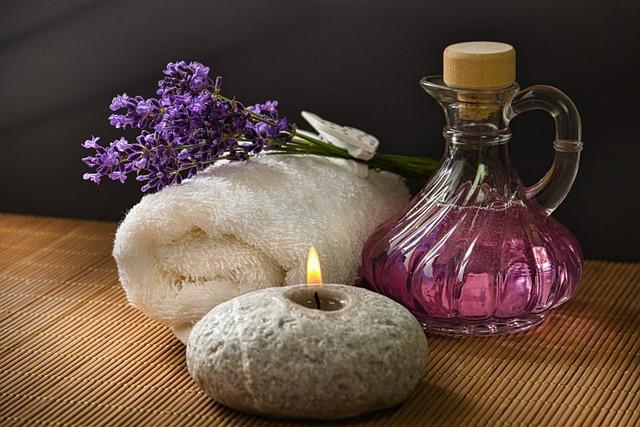
- One way is to use essential oils from certain plants. You can either inhale the oils or apply them to your skin. Lavender oil is one of the most well-known stress-relieving oils. You can either inhale it or apply it to your skin. Peppermint oil is also effective for relieving stress.
- Another way is to drink herbal tea or take supplements made from stress-relieving plants. Chamomile and lavender tea are two of the most effective teas for stress relief. You can also take supplements made from stress-relieving plants. Ashwagandha is one example of a plant that is commonly used in supplements for stress relief.
- And finally, you can create a relaxing environment for yourself by growing stress-relieving plants in your home or office. Plants like lavender, jasmine, and chamomile can help to create a calm and relaxing atmosphere.
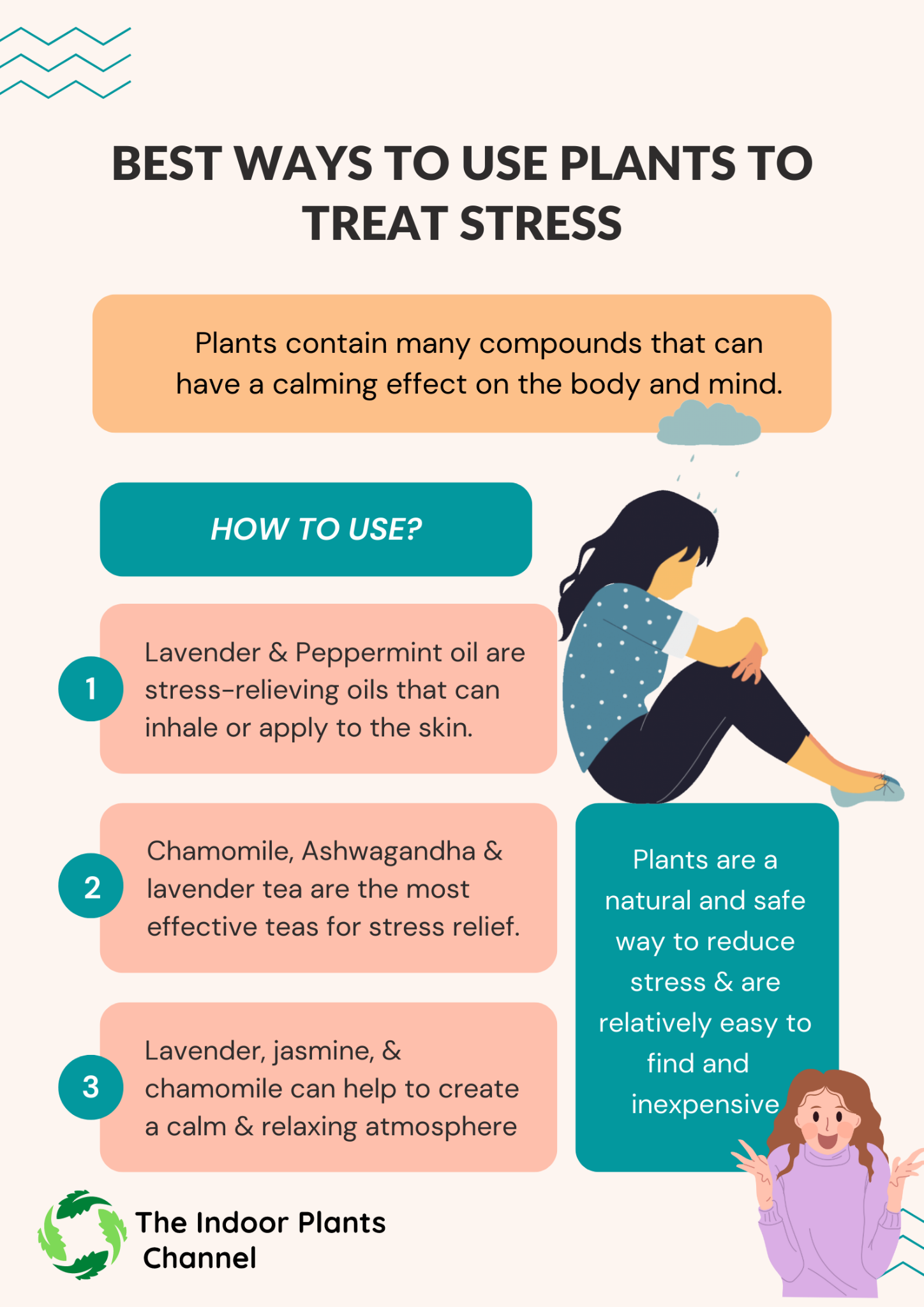
How To Choose The Right Plants For Treating Stress
There are different plants that can be used to treat stress. But how do you know which ones are right for you?
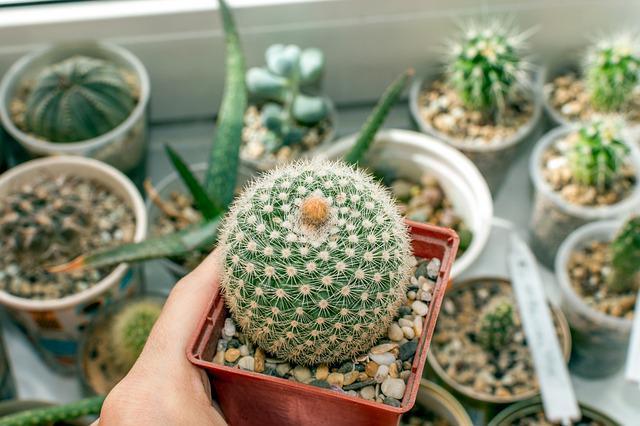
Here are some tips to help you choose the best plants for treating your stress:
- Consider what type of stress you are experiencing. There are different plants that can help with different types of stress. For example, if you are experiencing physical stress, you might want to look for plants that can help to relax your muscles. If you are experiencing mental stress, you might want to look for plants that can help to calm your mind.
- Consider what time of day you want to use the plants. Some plants are better for daytime use, while others are better for nighttime use. For example, if you want to use plants during the day, you might want to look for ones that can help to increase your energy levels. If you want to use plants at night, you should look for ones that can help you to sleep better.
- Consider other benefits you want from the plants. Some plants can help with other issues besides stress. For instance, if you are also looking for a plant that can help with anxiety, you might want to look for one that has anti-anxiety properties.
- Do some research. Once you have an idea of what you are looking for, you can start doing some research on different plants. You can talk to your doctor, read books or articles, or even look online.
- Talk to a professional. Once you have researched, you might want to talk to a professional about which plants are right for you. This can be a naturopath, herbalist, or even a traditional Chinese medicine practitioner.
- Try out different plants. if you have a few plants in mind, you can start trying them out. See how they make you feel and how they work for you. You might want to keep a journal to track your progress.
- Stick with the ones that work. When you find a few plants that work well for you, stick with them. You can always experiment with other plants later on, but it’s important to find something that works for you and that you are comfortable with.
The Most Effective Plants For Treating Stress
There are a few plants that have been shown to be effective in treating stress.
- One of the well-known is lavender. Lavender has been used for centuries to help relieve stress and anxiety. It is thought to work by increasing levels of the calming neurotransmitter GABA.
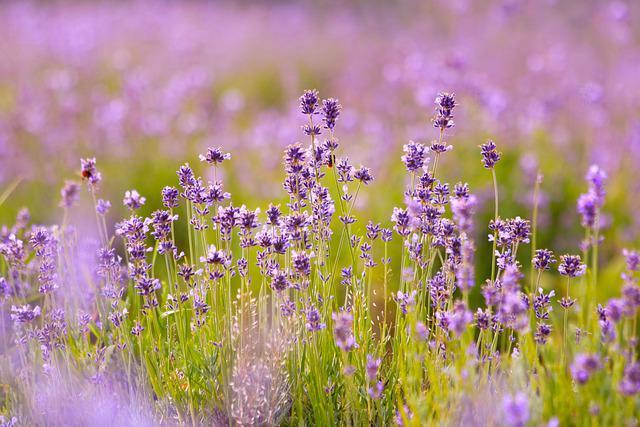
Other plants that have been shown to be effective in treating stress include chamomile, passionflower, and lemon balm. These plants all contain compounds that have a calming effect on the nervous system.
- Chamomile is a member of the daisy family and has been used medicinally for thousands of years. Chamomile tea is a popular way to relax and unwind. The herb can also be taken in capsule form or as a tincture.
- Lavender is a member of the mint family and is native to the Mediterranean region. The flowers and oil of the plant are used to make a variety of products that can help reduce stress. These include lavender oil, lavender tea, and lavender soap.
- Valerian is a flowering plant that is native to Europe and Asia. The roots of the plant are used to make a variety of products that can help with stress, including valerian tea, valerian capsules, and valerian tinctures.gIf you are looking for a natural way to relieve stress, consider trying one of these plants.
How To Use Plants To Treat Stress Safely
Herbal remedies have been used to treat stress for centuries. Plants contain many compounds that can have a calming effect on the body and mind. When used safely, these remedies can be an effective way to reduce stress and promote relaxation.

- There are a few things to keep in mind when using herbal remedies for stress relief.
- It is important to choose a reputable brand that uses high-quality ingredients.
- Follow the directions on the label carefully. Start with a small dose and increase gradually as needed.
- Consult with a healthcare provider if you have any underlying health conditions or are taking any medications.
The Side Effects Of Using Plants To Treat Stress
When it comes to plants and treating stress, it is important to remember that there are risks involved. While plants can be helpful in reducing stress, they can also be dangerous if not used properly.
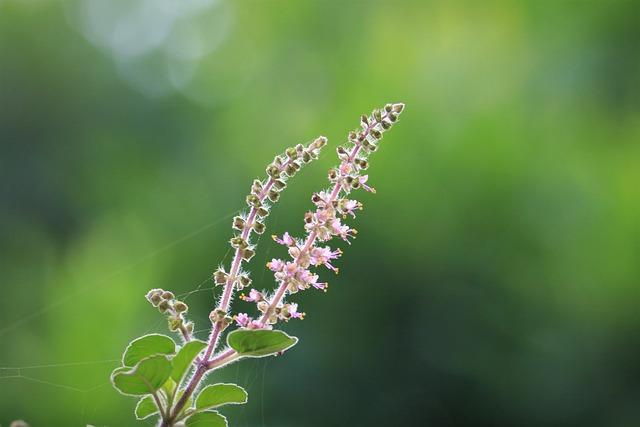
- One of the biggest side effects of using plants to treat stress is that they can interact with other medications. If you are taking any medications, it is important to talk to your doctor before taking any plants or supplements. Some plants can cause dangerous side effects if they are taken with certain medications.
- Another side effect of using plants to treat stress is that they can have side effects. Some plants can cause stomach upset, diarrhea, or headaches. If you experience any of these side effects, it is important to stop taking the plant and talk to your doctor.
- It is important to remember that not all plants are safe to take. Some plants can be toxic if they are not used properly. It is important to do your research and talk to your doctor before taking any plants.
- Some plants can cause drowsiness. If you are taking a plant-based stress reliever and start to feel excessively sleepy, stop taking it and see a doctor.
- Liver damage: Some plants can cause liver damage. This is a very serious side effect and can be life-threatening. If you experience any symptoms of liver damage (yellowing skin, dark urine, fatigue, etc.), stop taking the plant-based stress reliever and see a doctor immediately.
- Allergic reactions: Some people may be allergic to certain plants or plant extracts. This can cause itching, swelling, and other uncomfortable symptoms. If you think you may be allergic to a plant, it’s best to avoid using it.
While there are side effects involved in using plants to treat stress, they can be helpful if used properly. If you are considering using plants to treat stress, it is important to talk to your doctor first.
Frequently Asked Questions
- What are some of the most popular plants used to treat stress?
Some of the most popular plants used to treat stress include lavender, chamomile, and passionflower. These plants are often used in aromatherapy and have calming effects.
- How do plants help to treat stress?
Plants can help to treat stress by reducing anxiety and promoting relaxation. They can also improve sleep quality and reduce fatigue.
- Are there any side effects from using plants to treat stress?
There are usually no side effects from using plants to treat stress. However, if you are allergic to a particular plant, you may experience some side effects.
Bonus Tips
- Make a list of the different plants that have been used to treat stress throughout history.
- Research the different benefits that these plants offer for stress relief.
- Experiment with different ways of using the plants to see what works best for you.
- Keep a journal documenting your experiences with using plants for treating stress.
- Share your findings with others who may be interested in using plants to treat stress.
- Find a plant that is known to have calming effects.
Conclusion
There’s no one-size-fits-all solution to stress, but plants can be a helpful addition to your stress-management toolkit. A wide variety of plants have been used traditionally to treat stress, anxiety, and other mental health conditions. While there’s no scientific evidence to support the use of plants for stress relief, many people find them helpful. If you’re looking for a natural way to reduce stress, consider adding some of these plants we highlighted above to your home or office.
Michelle Wilde
Related posts
7 Comments
Leave a Reply Cancel reply
![]()
About Michelle Wilde
Michelle Wilde is a stay-at-home mom and avid plant lover. Armed with a post-graduate degree in Computer Science (no kidding!), she loves researching plants and landscapes. When she is not caring for her 4 kids, she spends time on her passion for plants. She blogs at www.indoorplantschannel.com, the trusted source for indoor plants.
Learn more
Subscribe
* You will receive the latest posts and updates about indoor plants!
Search
Recent Posts
Categories
- Beginner Guides (10)
- FAQ (206)
- General (2)
- How-To Guides (212)
- Indoor Plants (214)
- Pest Management (2)
- Plant Problem Solutions (4)
- Seasonal Growing (2)
- Specialized Environments (2)
- Specific Plant Care (3)
- Technical Growing (2)
[…] studies have found similar results. One study found that college students who had plants in their dorm rooms had lower levels of stress and anxiety than those who did not. Another study found that people who spent time in a room with plants had […]
[…] is another plant that is often used to relieve stress and anxiety. However, like lavender, it can actually make depression worse. Rosemary can cause nausea, […]
[…] the presence of plants has been shown to reduce stress and anxiety, which can improve your focus and […]
[…] they provide us with fresh oxygen to breathe, which can help to improve our cognitive function. Plants can also help to reduce stress and anxiety, and create a more positive and relaxing […]
[…] theory is that plants help to reduce stress and anxiety. This may be because looking at plants can help to relax the mind and body. This theory is […]
[…] Plants can help to reduce stress and anxiety. Studies have shown that being around plants can lower your heart rate and blood pressure, and help you to feel more relaxed. […]
[…] plants give off a pleasant scent that can help reduce stress and anxiety. The aroma of a coffee plant can be a great addition to any […]